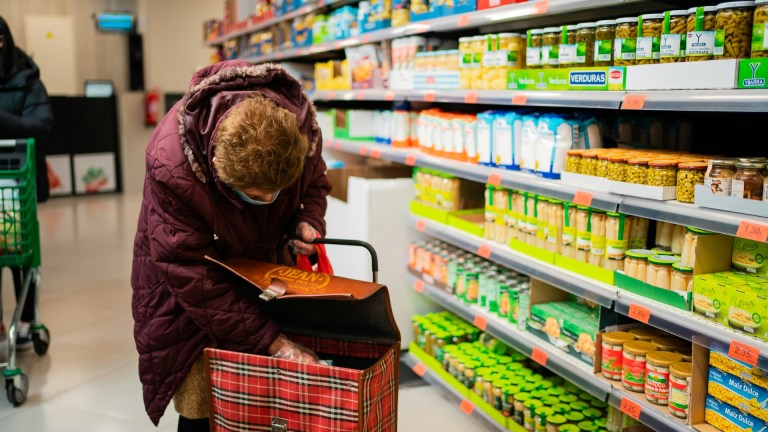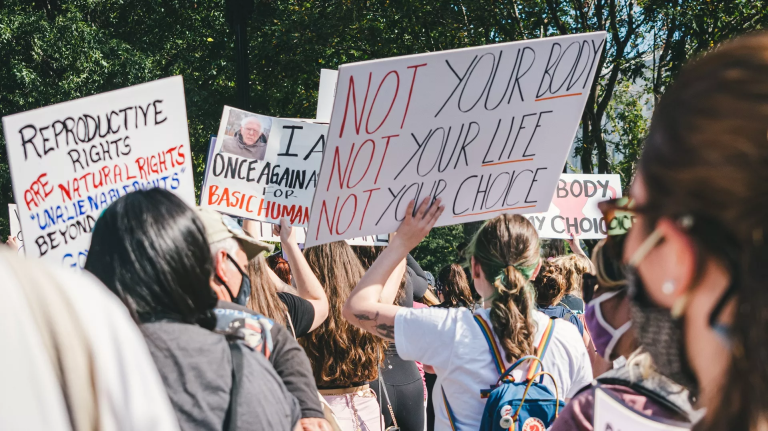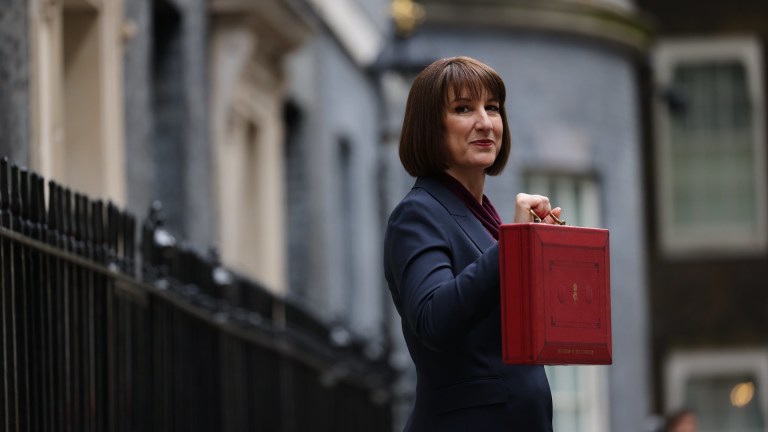The charter also takes the crucial step of asking for statutory funding for free holiday provision to replace the loss of school meals outside of term time.
This builds on the work of the Mayor’s Fund for London’s Kitchen Social campaign, which currently supports over 100 holiday clubs across the capital to provide free food and activities for young people in their neighbourhood.
The charity, who organised the summit, featured in The Big Issue’s extensive holiday hunger investigation last summer as well as in our Top 100 Changemakers List, released last week via Kitchen Social programme manager Clara Widdison.
She told The Big Issue that summit has been a “turning point” for tackling children’s food insecurity in London with the new data a clear step in the right direction.
“You can’t really solve a problem until you can measure it and we don’t have that accurate data for the UK or even for England so having it for London means that we’ve got a real turning point to say we know what the problem is,” she said.
“We know how many young people are out there suffering – I would argue that even one child suffering is too much – but the scale of the problem is something that just simply cannot be ignored.
“That information really changes everything because the moment that you start measuring it you can measure the impact of the programmes we have and the policy changes to see what is making a difference and how we can drive that figure down.”
As well as bringing together the Food Foundation, the Mayor’s Fund for London and food campaigners including Changemakers IFAN’s Sabine Goodwin and Professor Greta Defeyter, high-profile speakers in Children’s Commissioner for England Anne Longfield OBE and Debbie Weekes-Bernard, Deputy London Mayor for social integration, social mobility and community engagement addressed the event.
Longfield said: “We live in one of the most affluent countries in the world, yet we have hundreds of thousands of children going hungry. It is heart-breaking to visit a school and find there is a foodbank in the school itself.
“Tackling child poverty and keeping children safe should be a moral endeavour for every government. Our ambition should be for a country that is a great place to grow up for every child. The Government must make tackling food insecurity and child poverty a priority through changes to the benefits system and more investment in early years and family support.”
Professor Defeyter was one of the earliest researchers in the UK to investigate the impact of food insecurity on vulnerable families during the school holidays. Now she heads up Northumbria University’s Healthy Living Lab, which was the first to map out the free holiday provision across England and Wales.
She told The Big Issue that the event was one of the first she has attended “Where young people were not an additional tag on the end but were a core element of the day, talking articulately about their lived experiences”. She also revealed details of the new research she is leading, and said it all pointed to one thing: food insecurity among children is a symptom of something much bigger.
“One of the young women speaking at the event said we usually hang out at chicken shops. Not necessarily because they want to eat chicken but because there’s nowhere else for them to go. That really chimes with our research.
“Club leaders and coordinators of holiday provision – whether they’re from Kitchen Social, StreetGames, the projects run by Gateshead Council – all come up with a similar theme. That these services give young people a safe place to be.
“It seems that the first and most prominent aim of club leaders and children is not about food, it’s to provide a safe place to play. It’s not to say children are not food insecure – they are – but they also suffer from lack of somewhere to go.”
Defeyter said academics are “playing catch up” with those on the front line who have known for years that food poverty among children is a symptom of deteriorating community cohesion.
“If it was just about food insecurity, then the most effective model is to just give them a brown paper bag with food in it,” the researcher added. “Intuitively, none of the clubs in any region were doing that. At a grassroots level they know that the clubs need to provide more. To really invest in our young people, structural causes like low household incomes need to be tackled, but there are other issues like the closure of youth centres that are key.”









